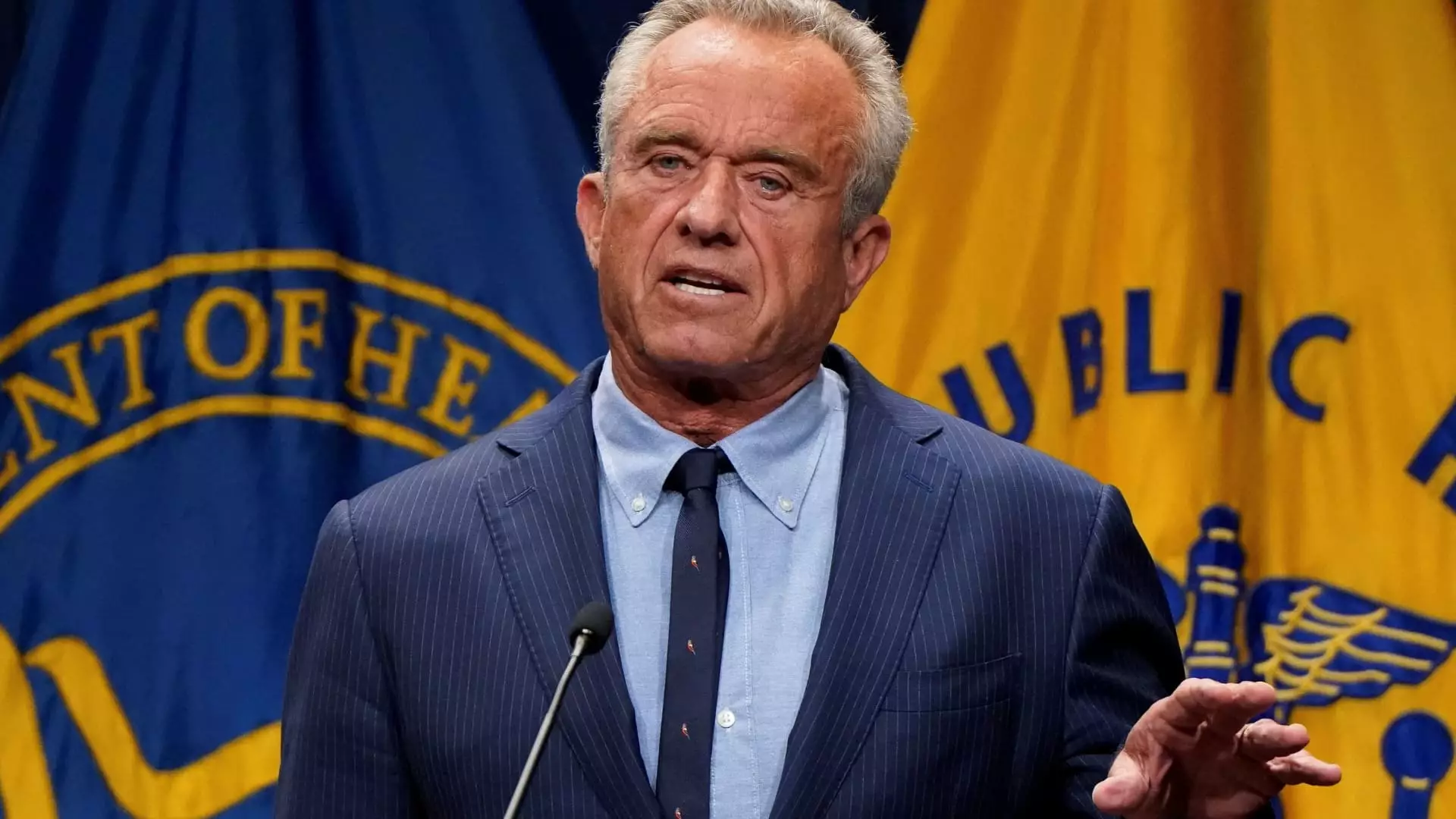The recent appointment of eight controversial figures to the Advisory Committee on Immunization Practices (ACIP) under Health and Human Services Secretary Robert F. Kennedy Jr. marks a perilous inflection point in American public health policy. Within days of dismissing the entire prior committee, Kennedy has filled the roster with individuals whose track records raise red flags regarding their commitment to sound science. This rapid turnover not only undermines years of consensus-driven expertise but also places a detrimental burden on public trust and vaccine policy in the United States.
The ACIP, as the key advisory panel to the Centers for Disease Control and Prevention (CDC), has historically enjoyed a reputation for evidence-based decision-making. Its primary mission involves reviewing vaccine data to make crucial recommendations about immunizations, which affect everything from individual eligibility to insurer coverage. By introducing members with known skepticism toward vaccines, Kennedy jeopardizes the committee’s integrity and the essential role it plays in safeguarding public health. The implications of this shift are ominous, especially given our current struggle against misinformation.
The Dangers of Anti-Vaccine Sentiment
Kennedy’s selection of vaccine critics, such as Dr. Robert Malone, has ignited a firestorm of concern among public health advocates. Malone, who has cast doubt on the safety and efficacy of vaccines while misrepresenting data about measles mortality, poses a glaring example of how the new appointments could lead to the dissemination of harmful misinformation. Critics like Dr. Paul Offit have already predicted a marked decline in the quality of advice emanating from ACIP, fearing that public health will take a backseat to unqualified rhetoric.
This growing trend toward embracing anti-vaccine sentiment within influential circles threatens to roll back the progress made in public health over the last several decades. Discussions surrounding vaccines should underpin a foundation of scientific rigor and trust. However, the appointments speak to a broader cultural phenomenon wherein dubious claims gain traction, often informed more by fear and anecdote than by data. The shift away from evidence-based policymaking reflects an alarming deterioration of established norms, exacerbating the precarious relationship between the public and health authorities.
The Role of Misinformation and Public Health
The recent developments beg the question: how can a panel that is ostensibly tasked with protecting public health be populated by individuals aligned with the anti-vaccine movement? Critics argue that this shift poses a significant threat not just to the credibility of ACIP, but to the health of communities across the nation. The intertwining of misinformation platforms and anti-vaccine ideologies creates an echo chamber where dangerous narratives are reinforced rather than challenged.
Kennedy’s justifications of appointing what he describes as “highly credentialed scientists” seem at odds with the prevailing evidence about the virulence of misinformation—that vaccines are not only safe but vital for preventing serious diseases like measles. The embrace of questionable dates and timelines regarding vaccine safety, as posited by some of the new committee members, illuminates a troubling landscape where convictions overshadow scientific consensus.
In a world where public trust in institutions is already fraying, the layering of anti-vaccine ideology onto a pivotal advisory committee is a deeply unsettling prospect. It amplifies existing fears and could lead to a retrogression in vaccination rates. Ironically, some members who have pointed out these issues, such as Dr. Meissner, present a duality in their opinion—advocating for vaccines while finding themselves in highly questionable company, potentially muddying their credibility.
The trajectory of U.S. vaccine policy has taken a dangerous turn that demands scrutiny and action from concerned citizens, health professionals, and public policymakers alike. It is imperative to recognize how the implications of these new appointments pave the way for more significant challenges in vaccination efforts and public health initiatives. As the debacle unfolds, one wonders whether the ACIP can remain an impartial voice in a landscape increasingly defined by distrust and misinformation. The stakes couldn’t be higher, and the health of future generations hangs in the balance.

